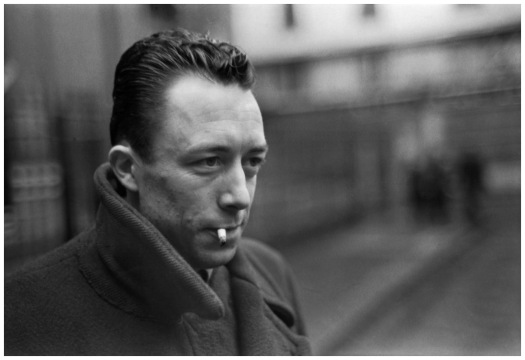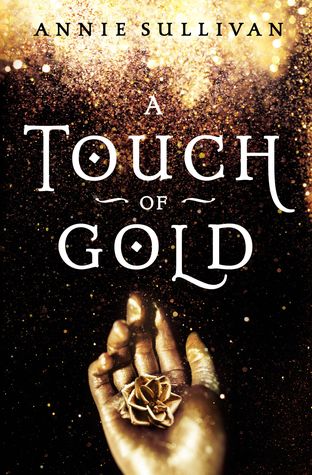
Ever since we humans gained the capacity to contemplate our existence, we’ve been driven by a profound longing to find meaning. For it’s within meaning, we believe, that purpose can be uncovered, and purpose reveals life’s intrinsic value. Purpose gives reason to our sufferings and struggles, assuring us that they’re not in vain, that existence is heading somewhere, moving toward some future ideal. And it’s that future ideal that confirms and gives structure to our present moment, grounding and stabilizing us, reaffirmed in our myths and cultural narratives.
Existence seems as if it’s drenched in meaning. It’s hard for even the most indifferent among us to gaze into the night sky and not be stirred with a sense of awe, to experience a catch in the throat, or a fluttering in the chest that brings with it a momentary weightlessness. Meaning seems to beckon us, a radiant jewel waiting to be unearthed. And yet, the deeper we dig, the further we find ourselves from its light. We realize the sense of awe that called us to this excavation has led us into a cavern of profound silence and penetrating darkness. We discover that the universe is hostile and impersonal, that life is a fragile cycle of futility, imbued with a searing viciousness (natural disasters washing away cities, children born only to slowly die from disease and starvation, whispers of mutually assured destruction haunting the social consciousness). No longer sufficient to explain this suffering, our narratives begin to erode, their veneer of purpose crumbling and blowing away in the breeze of indifference.
And still, we yearn for meaning; so we continue to dig, though disheartened. This tension between our longing for meaning and our inability to find it gives rise to what philosophers call The Absurd. As Albert Camus writes, “At this point of his effort man stands face to face with the irrational. He feels within him his longing for happiness and for reason. The absurd is born of this confrontation between the human need and the unreasonable silence of the world.”
The tension of The Absurd is beautifully captured in Hopelandic, the artificial language used by the band Sigur Rós on their album ( ).[1] While bearing the structure of an actual language, Hopelandic is merely gibberish, its “words” nothing more than seeming signifiers drifting aimlessly—satellites without any gravitational grounding in a signified, strings of syllables and sounds spinning an illusion of meaning. And when these “lyrics” are breathed out in earnest over a swelling sea of musical ambiance, the illusion is only intensified: there’s that familiar tug in the heart, waves of goose bumps erupting across the skin. The listener experiences a state of meaning while brought into a meaningless structure—into which she is stirred to inject her own “meaning.”
Facing an existence divested of meaning, we find ourselves as children who stand before a void, each of us clutching a handful of crayons. And we are forced to make a choice. We either surrender to despair and allow the void to consume us, or we rebel against it and color it in—recognizing life as meaningless, we experience it as profoundly meaningful.
Perhaps, then, the universe beckons to us in Hopelandic, not dictating meaning to us, but rather fueling us with the longing for it, inviting us to create it for ourselves as we experience our inability to fully grasp it.
[1] I’m grateful to Peter Rollins for planting the seeds that grew into these thoughts.
Advertisements Share this:





